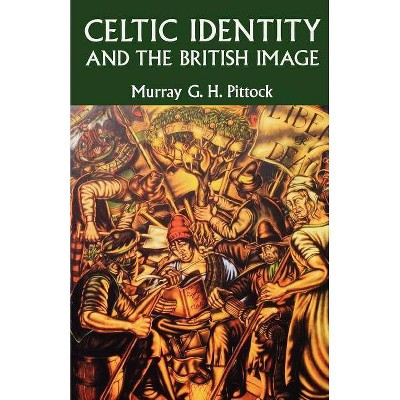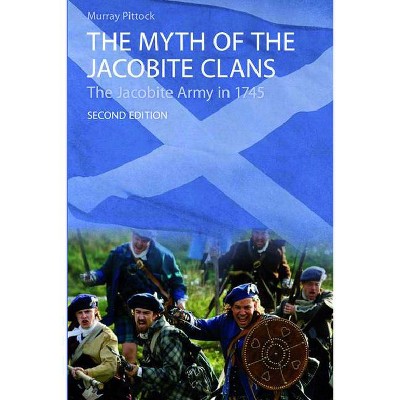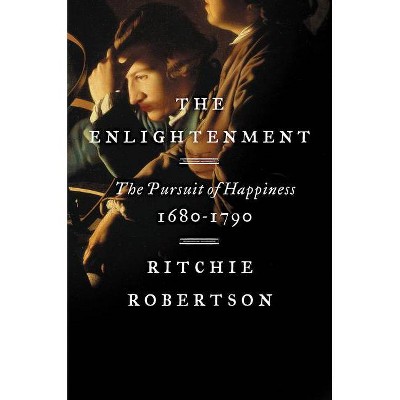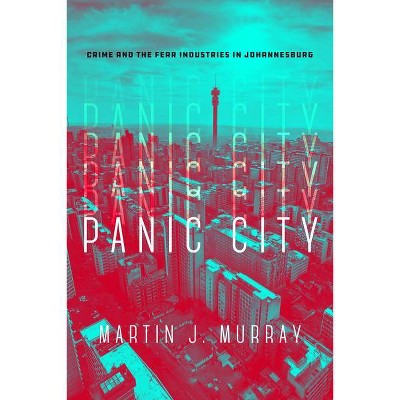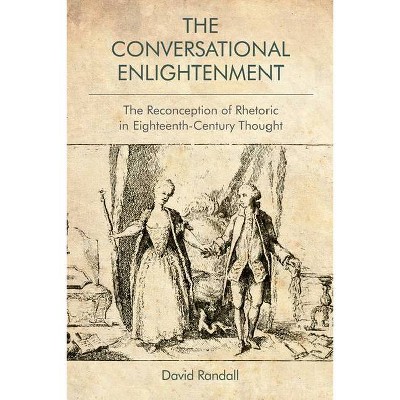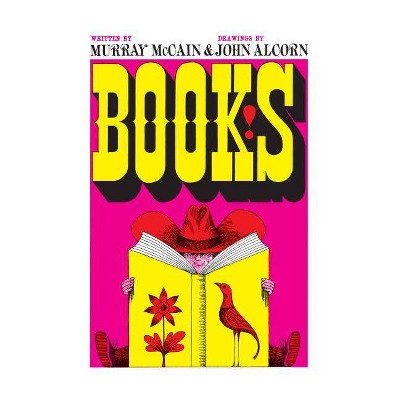Enlightenment in a Smart City - by Murray Pittock (Hardcover)
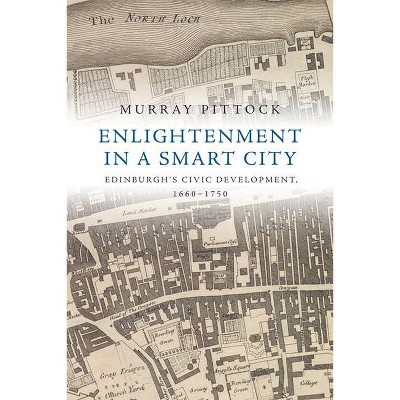
Similar Products
Products of same category from the store
AllProduct info
<p/><br></br><p><b> About the Book </b></p></br></br><p>This is a study of Enlightenment in Edinburgh like no other. Using data and models provided by urban studies theory, it pinpoints the distinctive features that made Enlightenment in the Scottish capital possible. </p><p/><br></br><p><b> Book Synopsis </b></p></br></br><p>This is a study of Enlightenment in Edinburgh like no other. Using data and models provided by urban innovation and Smart City theory, it pinpoints the distinctive features that made Enlightenment in the Scottish capital possible. </p> <p>In a journey packed with evidence and incident, Murray Pittock explores various civic networks - such as the newspaper and printing businesses, the political power of the gentry and patronage networks, as well as the pub and coffee-house life - as drivers of cultural change. His analysis reveals that the attributes of civic development, which lead to innovation and dynamism, were at the heart of what made Edinburgh a smart city of 1700.<br></p> <p></p><p/><br></br><p><b> From the Back Cover </b></p></br></br>*APPROVED & CHECKED* Why did Enlightenment happen in Edinburgh? This is a study of Enlightenment in Edinburgh like no other. Using data and models provided by urban innovation and Smart City theory, it pinpoints the distinctive features that made Enlightenment in the Scottish capital possible. In a journey packed with evidence and incident, Murray Pittock explores various civic networks - such as the newspaper and printing businesses, the political power of the gentry and patronage networks, as well as the pub and coffee-house life - as drivers of cultural change. His analysis reveals that the attributes of civic development, which lead to innovation and dynamism, were at the heart of what made Edinburgh a smart city of 1700. Murray Pittock is a leading international scholar of the British Isles in the long eighteenth century, and the author or editor of over twenty books, including Culloden (2016), Material Culture and Sedition (2013) and The Myth of the Jacobite Clans (Edinburgh University Press, 2009). He is also the General Editor of the Edinburgh Edition of the Works of Allan Ramsay.<p/><br></br><p><b> About the Author </b></p></br></br><p>Murray Pittock is Bradley Professor at the University of Glasgow, Pro Vice-Principal and Honorary Scottish History Adviser to the National Trust for Scotland. He is a Fellow of the Royal Society of Edinburgh, the Royal Historical Society and the English Association and a prize lecturer of both the RSE and the British Academy.He has held senior appointments at the universities of Strathclyde, Edinburgh and Manchester, and visiting appointments in history and literature globally at universities including Yale, Trinity College, Dublin, New York University and Charles University, Prague. Recent publications include The Scots Musical Museum (2 vols, 2018); Culloden (2016) and Material Culture and Sedition (2013). His current projects include The Collected Works of Allan Ramsay (funded by the AHRC, 2018-23), The Scottish Heritage Partnership (on VR and Immersive design and procurement, funded by EPSRC-AHRC) and Robert Burns and the Scottish Economy (funded by Scottish Government).<p>
Price History
Price Archive shows prices from various stores, lets you see history and find the cheapest. There is no actual sale on the website. For all support, inquiry and suggestion messages communication@pricearchive.us
